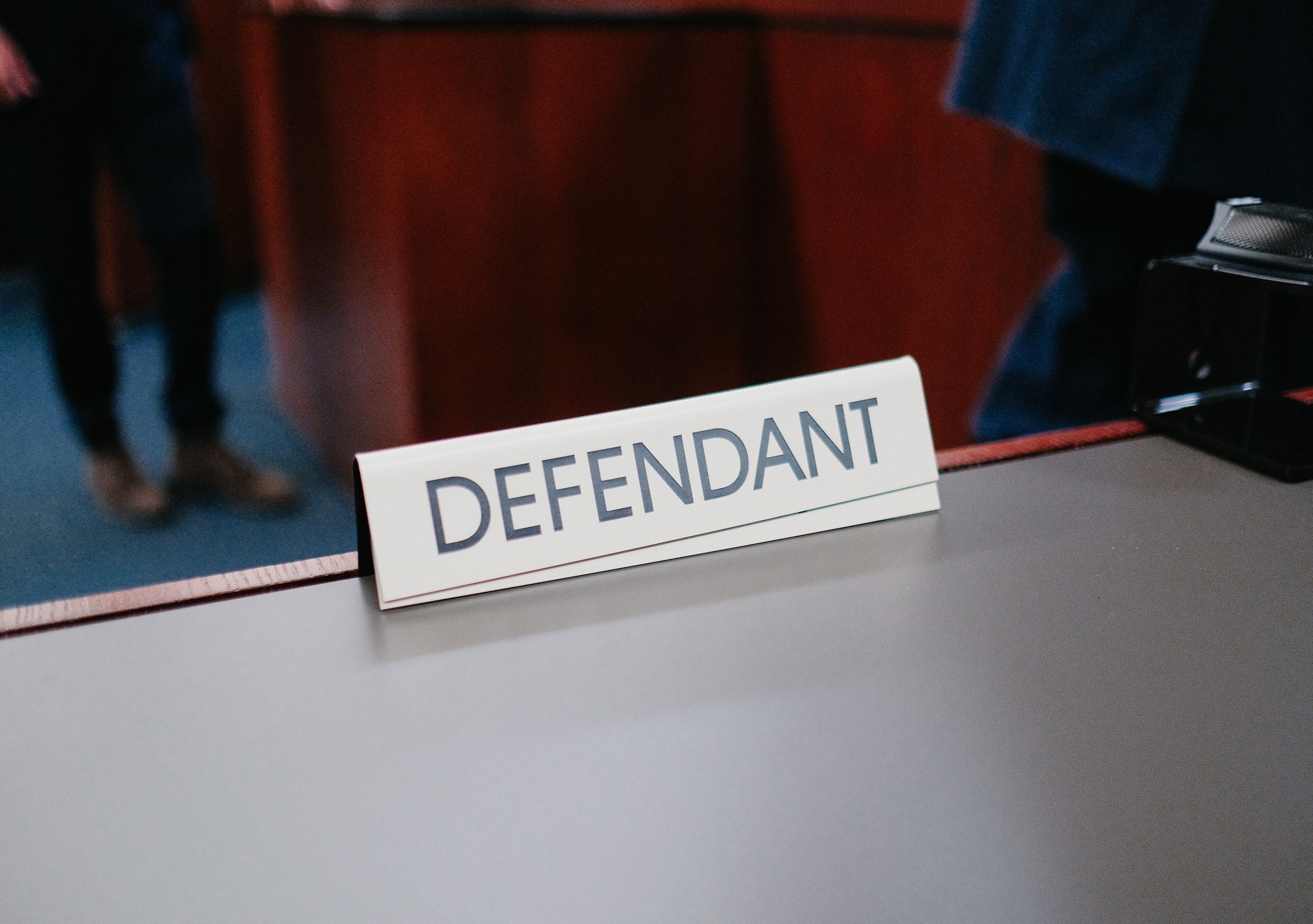
A coalition of major news publishers has filed a lawsuit against Microsoft and OpenAI, accusing the tech giants of unlawfully using copyrighted articles to train their generative AI models without permission or payment.
First reported by The Verge, the group of eight publications owned by Alden Global Capital (AGC) – including the Chicago Tribune, New York Daily News, and Orlando Sentinel – allege the companies have purloined “millions” of their articles without permission and without payment “to fuel the commercialisation of their generative artificial intelligence products, including ChatGPT and Copilot.”
The lawsuit is the latest legal action taken against Microsoft and OpenAI over their alleged misuse of copyrighted content to build large language models (LLMs) that power AI technologies like ChatGPT. In the complaint, the AGC publications claim the companies’ chatbots can reproduce their articles verbatim shortly after publication, without providing prominent links back to the original sources.
“This lawsuit is not a battle between new technology and old technology. It is not a battle between a thriving industry and an industry in transition. It is most surely not a battle to resolve the phalanx of social, political, moral, and economic issues that GenAI raises,” the complaint reads.
“This lawsuit is about how Microsoft and OpenAI are not entitled to use copyrighted newspaper content to build their new trillion-dollar enterprises without paying for that content.”
The plaintiffs also accuse the AI models of “hallucinations,” attributing inaccurate reporting to their publications. They reference OpenAI’s previous admission that it would be “impossible” to train today’s leading AI models without using copyrighted materials.
The allegations echo those made by The New York Times in a separate lawsuit filed last year. The Times claimed Microsoft and OpenAI used almost a century’s worth of copyrighted content to allow their AI to mimic its expressive style without a licensing agreement.
In seeking to dismiss key parts of the Times’ lawsuit, Microsoft accused the paper of “doomsday futurology” by suggesting generative AI could threaten independent journalism.
The AGC publications argue that OpenAI, now valued at $90 billion after becoming a for-profit company, and Microsoft – which has seen hundreds of billions of dollars added to its market value from ChatGPT and Copilot – are profiting from the unauthorised use of copyrighted works.
The news publishers are seeking unspecified damages and an order for Microsoft and OpenAI to destroy any GPT and LLM models utilising their copyrighted content.
Earlier this week, OpenAI signed a licensing partnership with The Financial Times to lawfully integrate the newspaper’s journalism. However, the latest lawsuit from AGC highlights the growing tensions between tech companies developing generative AI and content creators concerned about the unchecked use of their works to train profitable AI systems.
(Photo by Wesley Tingey)
See also: OpenAI faces complaint over fictional outputs

Want to learn more about AI and big data from industry leaders? Check out AI & Big Data Expo taking place in Amsterdam, California, and London. The comprehensive event is co-located with other leading events including BlockX, Digital Transformation Week, and Cyber Security & Cloud Expo.
Explore other upcoming enterprise technology events and webinars powered by TechForge here.






